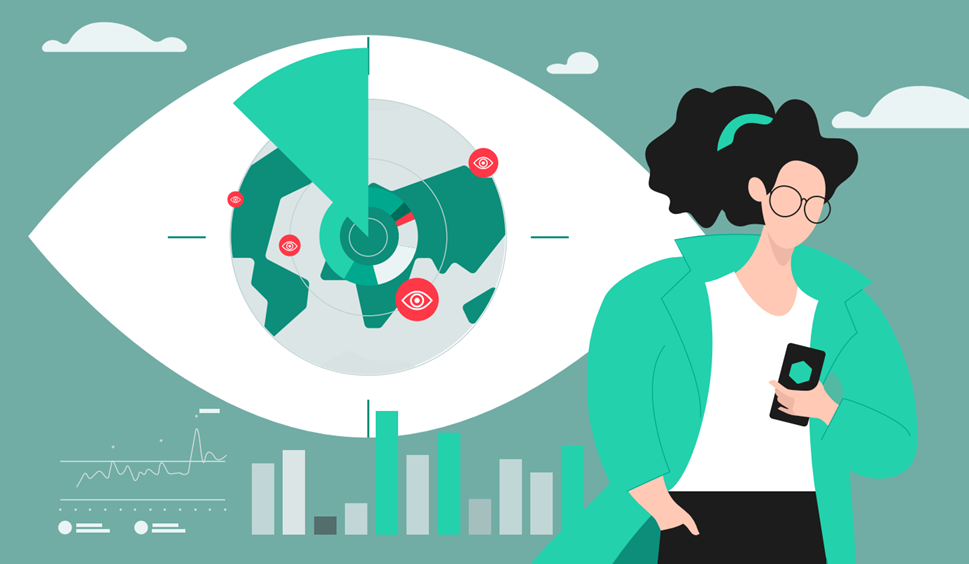We are living in a world that is more connected than ever. However, along with the many advantages of being a digital society, comes the reality of cyberthreats. And if awareness is not created around these threats, and suitable preventative action taken, we open ourselves up to the risk of cyber intrusion and the many pitfalls that come with cybercrime.
A couple of weeks ago, Kaspersky Lab unpacked the reality of cyber threats in the Middle East, Turkey and Africa (META) region, at their Cyber Security Conference held in Cape Town. The aim of the event was to highlight the evolution of the digital threat landscape in this region, and worldwide, where experts discussed various topics and the threats facing organisations and ordinary users everyday – to not only create awareness of these but to share the required steps to stay safe.
Here’s what Riaan Badenhorst, General Manager at Kaspersky Lab in Africa had to say about some of the questions we asked.
Q: How affected are South Africans by cybercrimes and what are the most common targets?
A: South Africans are very affected by cybercrime and cyber threats. In fact, Kaspersky Lab research shows that in Q1 2019, in South Africa, there were 970.557 phishing attacks, which is an average of 10.783 per day, and a 22% increase in malware attacks when compared to figures for the same period in 2018. South Africans are also very suspectable to mobile related cyberattacks where Q1 2019 saw a 6% increase in mobile malware attacks compared to Q1 2018.
In the META region, Kaspersky Lab reported more than 150 million malware attacks in Q1 2019 alone. This represents an average of 1.6 million attacks per day, and an alarming 108% increase over Q1 2018. With some of the highest mobile phone penetration rates in the world, it is no surprise that the META region also attracts a significant share of malware attacks targeted at mobiles.
Mobile malware attacks in META in Q1 2019 numbered more than 368,000, an average of 4,098 per day, and a spike of 118% when compared to Q1 2018.
Other attacks that the META region faced consistency during Q1 2019 included:
- Crypto-mining malware: 3.16m attacks; daily average of 35k; 146% increase over Q1 2018
- Phishing: 5.83m attacks; daily average of 64k; 334% increase over Q1 2018
- Ransomware: 193k attacks; daily average of 2.1k; 18% decrease over Q1 2018
Q: What is this idea of a human firewall and why is it needed?
A: During our recent conference in Cape Town, we featured a panel discussion about cyber awareness and cyber education being key elements of building sustainable protection for any organisation – this is what we refer to as the human firewall.
The Internet is made for human consumption. Be it in the workplace, the home or social activity, people are the audience and that means people need to know about how to protect themselves and their data from the surge of cybercrimes. However, people are usually the weakest link in the security chain. Cyber awareness and education of the realities of cybercrimes, what impact they can have and how to go about ensuring protection is therefore important to ensure that a human firewall is built – one that offers effective protection. People need to know about cybercrime, how it is growing, how to detect it and prevent falling victim to it. They need to become Human Firewalls!
Q: The importance of being a responsible digital citizen – what this means and tips on how to successfully achieve this.
A: As we are functioning in a world continually shaped by technology and access to the Internet, globally, it must be recognised that we have a responsibility to act responsibly when making use of such tools available to us. This should include consideration towards how we employ IT security and online protection in the digital age – and to safeguard fundamental human rights and our right to be protected digital citizens and as such to enjoy the benefits the Internet offers.
Posted in partnership with Kaspersky Lab





























